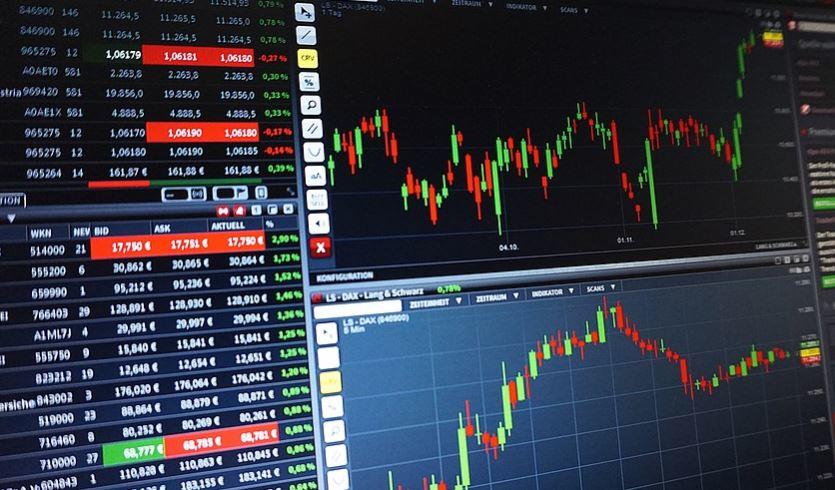Insider Trading has a bad reputation; its suit is ill-fitting, and its hair slightly greasy. People are suspicious of it, though few really know what it’s all about. Let’s unpack it here, starting with the definition of the term. An insider is a person who has inside knowledge, not necessarily someone on the inside.
It could be a family member, friend, associate, or employee of an insider. The trading part of its name focuses on action, because that is where we can distinguish between legal and illegal trades.
The Legalities of Insider Trading
Insider Trading is both legal and illegal. Sorry. If your company allows up to 10% of its equity to be traded, you’d need to register these trades, and stick to your limit. These actions are legal ones.
If trades are based on private, insider knowledge that has yet to be made public, then they could be illegal. It depends on how the person got the information, what they are going to do with it, and when, that matters.
Insider Trading vs. Insider Information, a scenario:
Let’s say a nail technician was listening in to a conversation by a CEO about the figures for the last quarter. Few people would understand the jargon, but as the technician trades at night as her hobby, she understands what she hears.
In this moment, she has two options:
1) Option 1:
She can go home and make some trades based on what she heard. It just so happens that she has shares in the company that is doing badly, so she offloads her stock before the figures are released the following week.
She thinks she is being clever using the knowledge she has overheard. As far as she sees it, she didn’t try to steal information to use it illegally.
2) Option 2:
She can go home and consider making some trades based on the information she picked up at work. She might make some movements towards sales of shares, but as she knows that figures have yet to be officially released, she accepts she has to wait until that information is public knowledge, not private information, before trading can happen.
Which of these options is legal and which is ethical? Perhaps the ethics is best left to another article, or book, but it should be clear that option 1 is the illegal route, and option 2 is the legal road travelled.
Option 2 is an example of insider information which is not really anything that can be contained. It is what traders do with it that matters, not necessarily that they know it.
The trader who registers his/her trades and sticks to the legal amount would be working within the legal parameters of insider trading. The trader who steals or uses private information for personal gain prior to the knowledge becoming public is going rogue and will be subject to penalties and punishments when caught.
Acting on insider knowledge to maximize profit is loss waiting to happen; Acting on public knowledge for profit is gain almost guaranteed, whether than information came to you privately or publicly.
Janet Fischer is author of this article. Janet is a professional financial blogger and price predictor at trading service. Janet lives in New York with her family.







